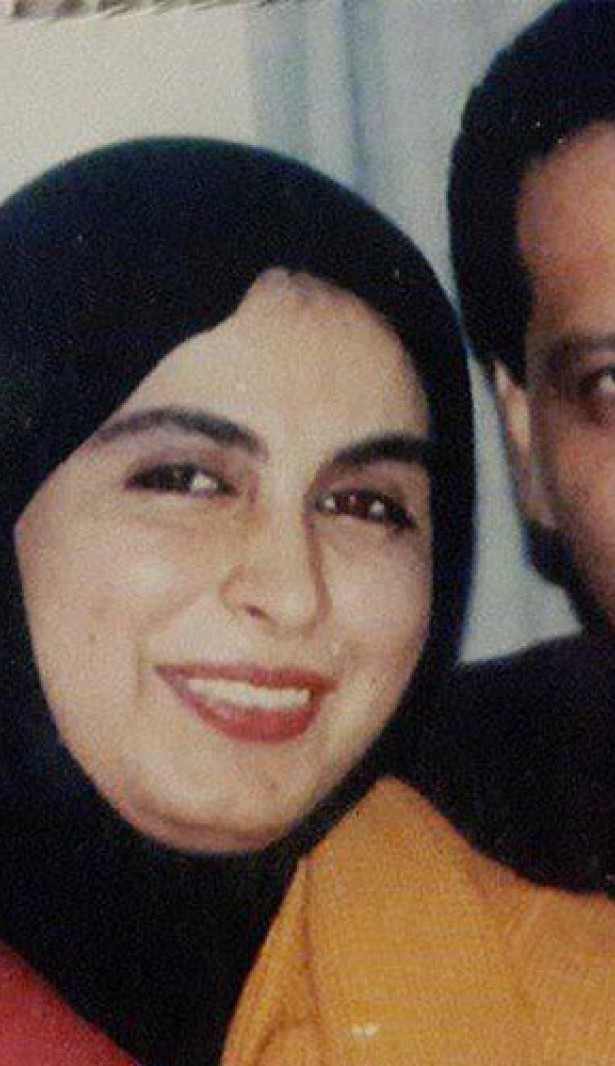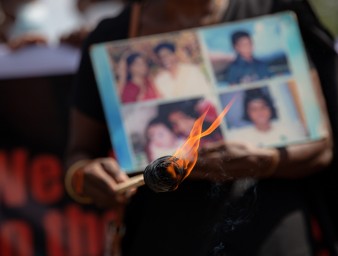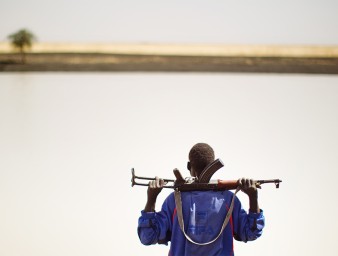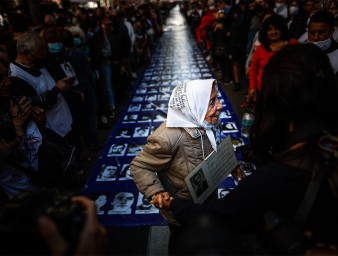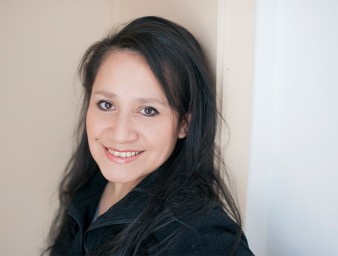“We need your support, and hope to see our dreams coming true”
15 September 2021
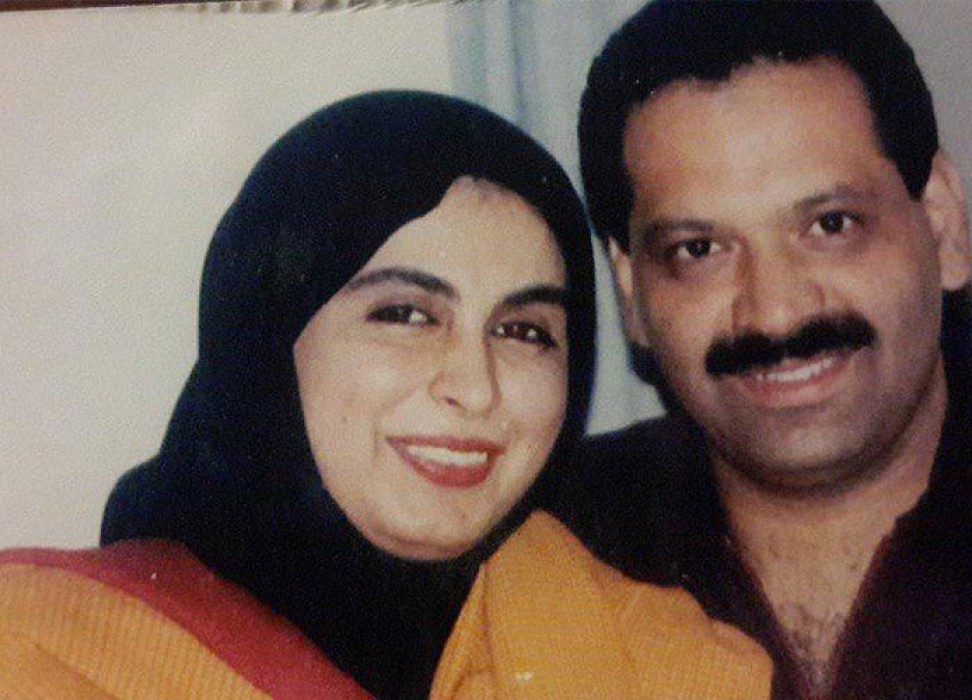
On 30 July 2005, businessman Masood Janjua was travelling by bus with one of his friends, Faisal Faraz, to Peshawar in north Pakistan, from the twin cities of Rawalpindi and Islamabad.
Somewhere along the way, they disappeared.
Their families immediately started to search for them. Eventually, they discovered that the two men had been forcibly disappeared by forces loyal to the then President Parvez Musarraf.
Today, the families are still without information on their loved-ones' whereabouts.
"Our three children were very young at the time. It would be impossible for anyone to understand what we have all gone through during these 16 years of torture and misery," said Amina, Masood's wife.
Ms Masood was speaking at the 21st Session of the Committee on Enforced Disappearances (CED) in Geneva, Switzerland, which began on 13 September. At each session, the CED reserves a space of tribute to victims of enforced disappearances to share their testimony. Such testimonies are key for the CED to identify options to support both them and the government authorities involved.
Ms Masood described the period of shock and anguish that she went through when her husband was disappeared. She said she was "grievous and emotionally broken." Family had to take care of the children, and her husband's business was left to deteriorate.
"It took me many months before I realised what had happened and that I needed to get up from the bed and start searching for my loved one," she said. "As I got up with extraordinary pain and determination, I started an endless, nerve wracking battle in which I never rested."
Together with three other families of disappeared people, she started a movement, protesting in front of locations such as Parliament House, the Supreme Court, and the presidential residence.
Fear, uncertainty and grief
Sixteen years later, although Amina Masood is still searching for answers, her association has grown to a well-known organisation in Pakistan. Families of disappeared victims from all around the country have joined Defence of Human Rights (DHR), an organisation that has as its vision 'a world without enforced disappearances, injustices and where the disappeared are reunited with their loved ones.'
She told the CED that in Pakistan, enforced disappearances have become a "widespread social evil" and explained that among the people disappeared are activists, human rights defenders, writers, poets, journalists, students and lawyers.
"Fear, uncertainty, grief, economic and emotional devastation have become part of the daily life of the families of the disappeared," she said.
Since its inception, DHR has registered 2,818 cases of disappeared Pakistanis, of which 1,358 have been traced by the organisation and subsequently reunited with their families. Sadly, some 77 disappeared people have reportedly lost their lives in custody.
Ms Masood and her colleagues at DHR have also been strongly advocating to the government to criminalise enforced disappearance in the country. Following this pressure, a bill will soon be brought before Pakistan's parliament.
"We need your support, and hope to see our dreams coming true"
While Ms Masood is pleased with the progress that has been made in terms of potential new legislation to criminalise enforced disappearances, she insists there is a long way to go.
In her statement, Ms Masood and DHR highlighted the importance that the Pakistan Government take advantage of the momentum to ratify the International Convention.
"It is now key that Pakistan ratifies the Convention so that the authorities can rely on the Committee to get the help they need to better address enforced disappearances, in law and in practice," she said.
She also urged the CED to support the process, to provide guidance to authorities and to help victims "face the nightmare we live every single day."
Like the tens of thousands of other victims around the world, day after day, Ms Masood's struggle to find her loved one continues.
"We need your support, and hope to see our dreams coming true, where Masood and all the disappeared will be traced, and where Pakistan will stop this practice once and for all," she said.
During its most recent session, the CED, which was established in 2010, launched a publication outlining its work during its first ten years of existence. The document describes the recommendations made by the CED in the examination of Governments' reports, covering around 32 themes. It also refers to the Committee's work on 'urgent actions' whereby requests are made to Governments to take immediate action to search for a disappeared person. As of today, the Committee has registered 1,410 urgent actions related to events that have occurred in 23 countries.
